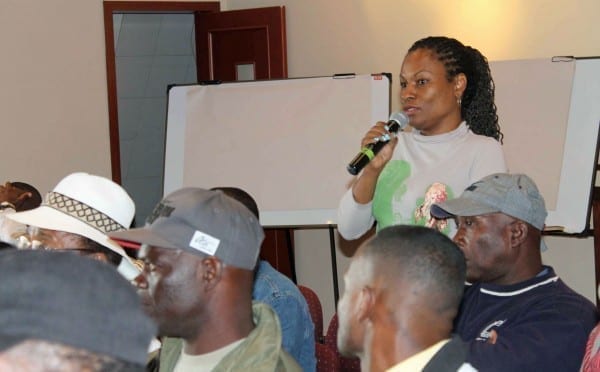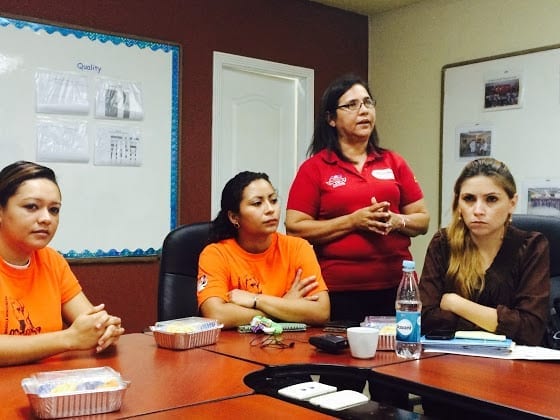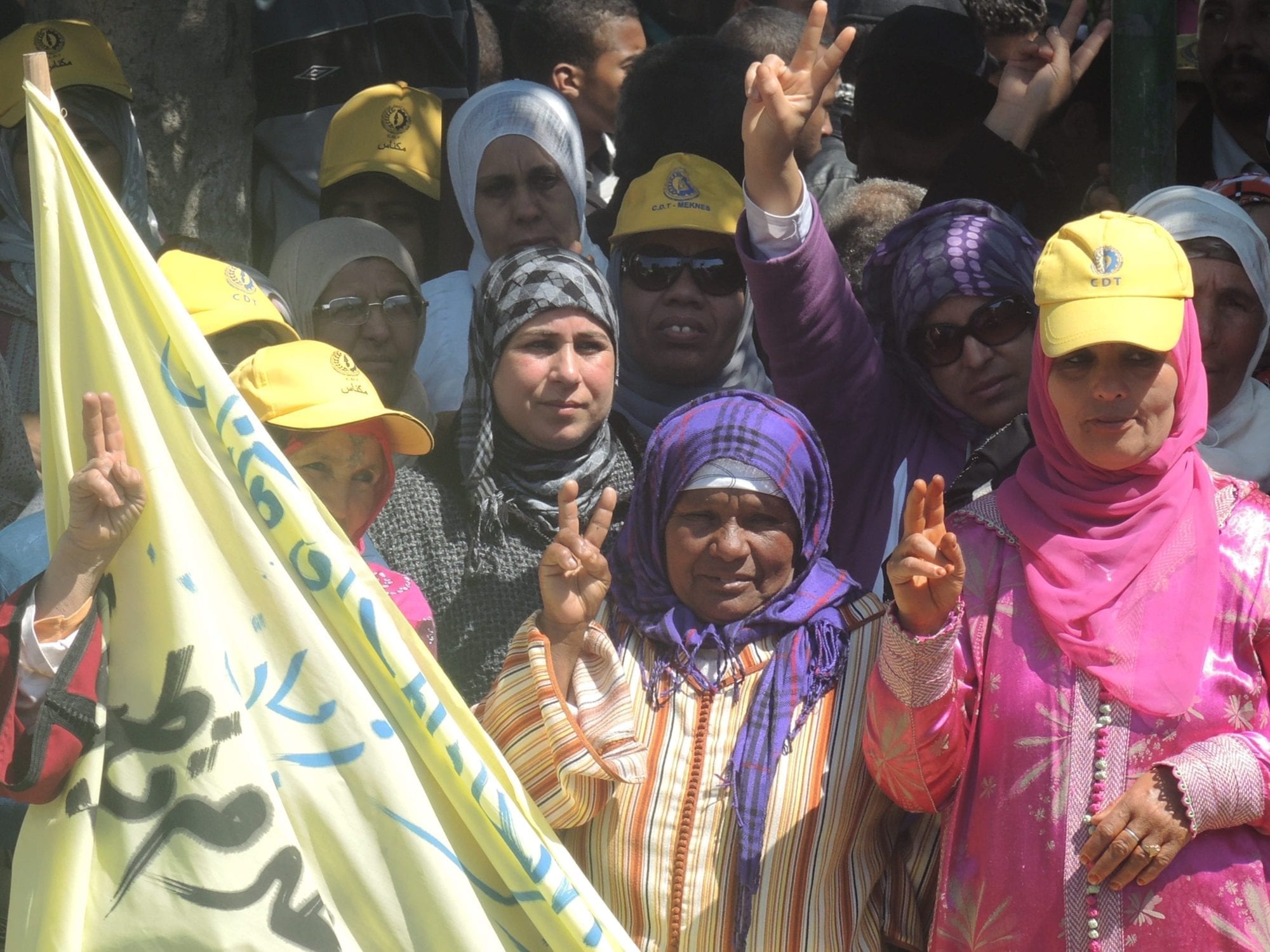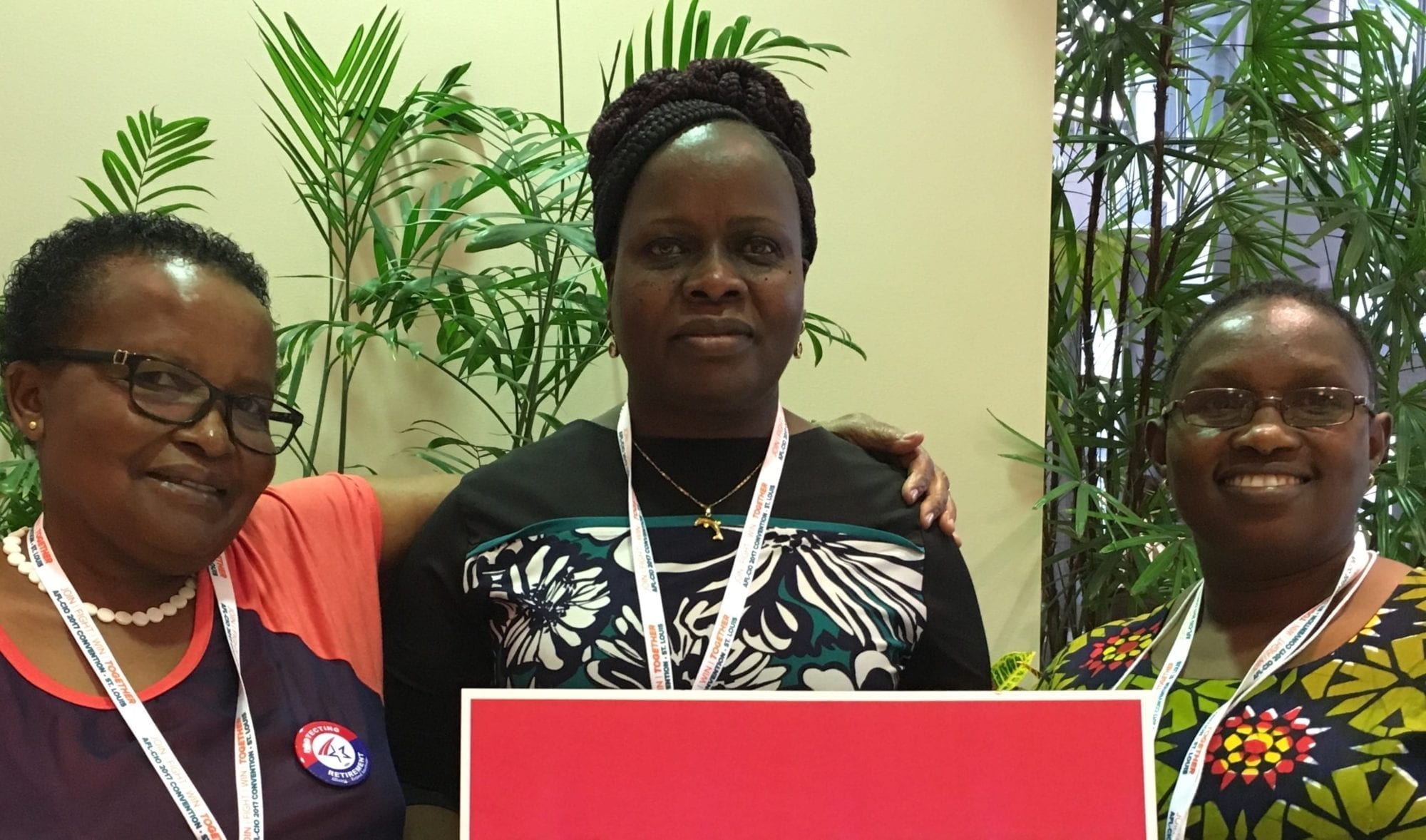In Honduras, union leaders are on their way to successfully negotiating eight collective bargaining agreements covering 21,000 garment workers who have joined unions in the past few years. Contracts negotiated so far include 23 percent wage increases, free...

The Solidarity Center supported the development of the Afro-Colombian Labor Council, the first national organization in Colombia dedicated to improving the working conditions of Afro-descendants. Credit: Solidarity Center/Rhett Doumitt
- Conducts research and awareness-raising to challenge systems of oppression and inform inclusive approaches to building worker power across social identities at all levels
- Supports representative, inclusive leadership in our partner organizations
- Engages in cross-movement work to combat tools of oppression that impact women, including gender-based violence and harassment at work
- Brings together unions and community groups to identify shared socioeconomic struggles, analyzes how those struggles are linked to systemic racism and implements organizing, legal and advocacy strategies to collectively overcome the oppression that entraps workers in poverty
- Advocates for economic policies that uproot systemic discrimination and exploitation in labor markets.
Ending Gender-Based Violence at Work in Morocco Farms
Agricultural work remains one of the most dangerous in the world. And women, who comprise between 50 percent and 70 percent of the informal workforce in commercial agriculture, are especially vulnerable to sexual harassment, physical abuse and other forms of...
Brazil, Kenya Women Leaders on Front Line of Change
When Rose Omamo started work in 1988 as a mechanic in a vehicle assembly plant in Kenya, she was one of two women in a workplace dominated by hundreds of men. Her employer refused to recognize the women’s basic requests, and even her union, the Amalgamated Union of...
No Results Found
The page you requested could not be found. Try refining your search, or use the navigation above to locate the post.



